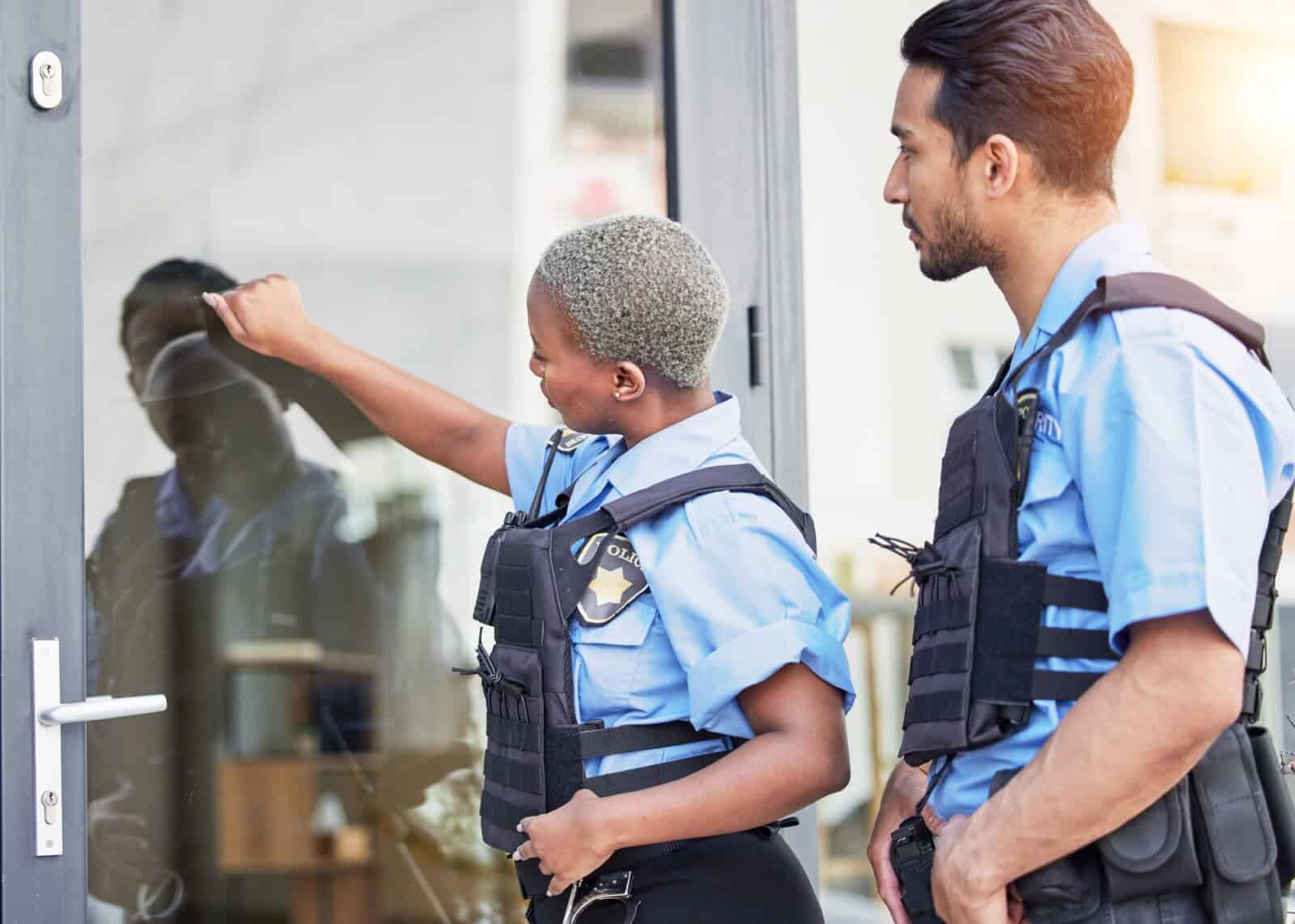When police officers appear at your doorstep, the encounter can be stressful and confusing, even for law-abiding citizens. These unexpected visits often leave residents unsure about their rights and how to properly respond while maintaining respect for law enforcement.
From understanding your constitutional rights and proper documentation practices to knowing when to contact an attorney, there are several key factors to consider when law enforcement arrives at your door. Keep reading to learn the steps for managing police visits while protecting your legal rights.

Understanding Police Home Visits
Police officers visit homes for various reasons, ranging from routine community policing to criminal investigations. While some visits are purely informational, such as following up on neighborhood incidents or conducting wellness checks, others may be part of active investigations that carry specific legal implications for residents.
Types of Police Encounters at Your Door
Consensual encounters are the most common and informal type of police interaction. They include "knock-and-talk" investigations, in which officers seek voluntary information from residents. During these encounters, residents maintain their right to decline conversation or refuse entry to their homes.
Investigative detentions occur when police have reasonable suspicion of criminal activity. During these encounters, officers may detain individuals briefly to investigate potential crimes, though they still need proper legal grounds to enter the home.
An arrest at your doorstep involves officers having probable cause to believe a crime has been committed. These encounters typically involve warrants or emergency circumstances and carry the most serious legal implications.
Your Constitutional Rights at Home
The Fourth Amendment provides strong protections for individuals in their homes, establishing the principle that residents have the right to be secure against unreasonable searches and seizures. This protection extends to the curtilage, the immediate area surrounding your home, including porches, attached garages, and fenced yards.
The Right to Refuse Entry
Residents have the legal right to deny police entry to their homes unless officers have a valid warrant or emergency circumstances exist. Emergency situations that may override this right include officers in "hot pursuit" of a suspect, reasonable belief that evidence is being destroyed, or if they need to provide emergency assistance to someone inside.
The "plain view doctrine" allows officers to act on evidence of crimes visible from their legal vantage point at your doorstep, even without a warrant. However, they cannot manipulate objects or enter the home to get a better view.
Understanding Search Warrants
A valid search warrant must be signed by a judge and specify the exact address and areas to be searched. It should also detail what items officers are looking for and provide a reasonable time frame for the search.
When presented with a warrant, residents have the right to read it carefully and verify its contents. While officers don't need to wait for residents to finish reading before beginning their search, they must provide a copy of the warrant upon request.
Best Practices During Police Encounters
Maintaining a calm and professional demeanor during police encounters helps protect your rights while avoiding unnecessary escalation. The way you handle these interactions can significantly impact their outcome and any potential legal proceedings that may follow.
What to Say and Do
Begin any police encounter by asking officers to identify themselves and state their purpose for being at your door. This information helps you understand the nature of the visit and respond appropriately.
When multiple officers are present, direct your communication to the lead officer while keeping all officers in your line of sight. If other family members are home, designate one person to speak with the officers while others remain calm and follow instructions.
During the interaction, keep your hands visible and your movements slow and deliberate. If you are speaking through a closed door, clearly communicate your actions to the officers, such as "I'm reaching for my phone to call my attorney."
What to Avoid
Never attempt to physically block officers from entering if they have a valid warrant or claim emergency circumstances. This could result in additional charges and potentially dangerous situations.
Avoid making false statements or providing misleading information to officers. If you choose not to answer questions, simply state that you are exercising your right to remain silent rather than making up excuses or false explanations.
Recording and Documenting Police Encounters
Under Florida Statute 934.03, residents may legally record police interactions from their property, provided they don't interfere with official duties. When recording, maintain a reasonable distance and position yourself to capture the entire interaction without obstructing police activities.
Document officer names, badge numbers, and patrol car numbers whenever possible. Store any recordings securely and make backup copies, as they may become valuable evidence in legal proceedings.
When to Contact an Attorney
If police visit your home regarding a criminal investigation, it's advisable to contact an attorney before answering questions or allowing searches. An experienced criminal defense lawyer can help protect your rights and guide your responses.
When officers present a warrant or indicate you're under investigation, politely inform them that you wish to speak with your attorney before proceeding. This preserves your rights while demonstrating cooperation with legal procedures.
Were Your Rights Violated By Police In Florida?
When police arrive at your door, split-second decisions can have lasting legal consequences. Without proper legal guidance, a simple misunderstanding could escalate into serious criminal charges.
The criminal defense attorneys at the Weinstein Legal Team have extensive experience helping Florida residents navigate police encounters and protect their legal rights. Don't wait until a situation escalates - call Weinstein Legal Team now at 888.626.1108 to start a free case review with an attorney, or click here to schedule your case review online.


